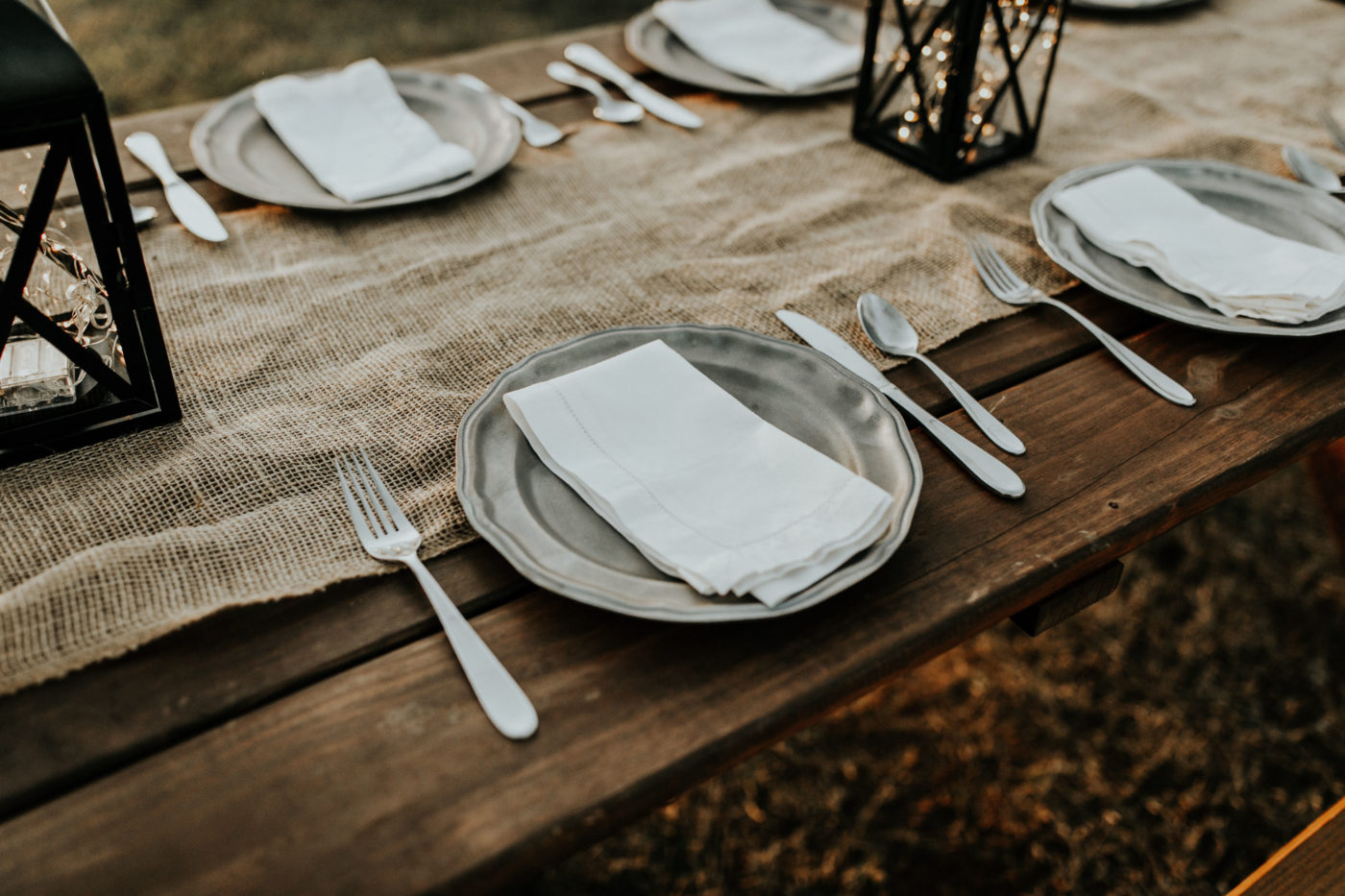gratitude
Gratitude makes sense of our past, brings peace for today, and creates a vision for tomorrow.
Melody Beattie
As we look around this week, the signs of Thanksgiving are all around.
In home decor and grocery stores, on cooking shows and local newscasts. Everywhere we look, we’re reminded of the approaching holiday and the importance of giving thanks.
From an emotional wellness perspective, gratitude certainly is worth the hype.
People who are grateful enjoy:
- greater happiness, self-acceptance, and life satisfaction
- more positive relationships and altruistic behavior
- lower levels of stress, worry, and depressed mood
- greater overall well-being
In fact, when it comes to emotional wellness, the ability to feel grateful stands out as one of the most influential self-care skills.
And like any skill, we each can get better with practice.
Some popular methods for sharpening your gratitude game include:
- keeping a daily gratitude journal
- writing thank-you notes for acts of kindness you have received
- beginning prayers or meditations with words of thanks
- going around the dinner table and naming something you felt grateful for today. (This game is an excellent way for families with small children to learn about gratitude together!)
That’s all it takes: Looking at your everyday life and naming what makes you feel grateful. With practice, it almost becomes second nature.
Sounds simple enough, right?
But, what about when things are not going so well?
Hmm.
Good news: You can still practice gratitude.
Read on for some simple (yet powerful) ways to practice gratitude… even when it seems like there’s not much to be grateful for:
1. Gratitude when you feel sorry.
Gratitude is the most exquisite form of courtesy.
Jacques Maritain
We’ve all been there…
You know you made a mistake. You’re clearly in the wrong. It’s time to apologize.
While it’s certainly appropriate to make amends, you may want to think twice before rushing in with the usual apology.
Why?
For one thing, if you’re in the habit of making frequent apologies for repeat offenses (e.g., you’re always arriving late to meetings), your frazzled “sorry!” likely has lost its meaning by now.
One alternative? “Thank you.”
By framing your apology as a thank you, you’re shifting the script. Now, instead of begging for forgiveness, you’re offering a gift of gratitude.
Imagine for a moment that it’s you on the receiving end:
Which scenario is more appealing? Which feels more sincere?
For example:
- Instead of saying “I’m so sorry I’m late!” try “Thank you for your patience.”
- Instead of saying “I apologize for being such a slow learner!” try “I appreciate your understanding as I figure this out.”
- Instead of saying “I’m sorry I lost my temper with you” try “Thank you for giving me the chance to show you more kindness in the future.”
2. Gratitude when you feel hurt.
Someone I loved once gave me a box full of darkness. It took me years to understand that this, too, was a gift.
Mary Oliver
Not surprisingly, after a frustrating interaction or painful experience it is especially difficult to cultivate a sense of gratitude.
But, as it turns out, pain can be an excellent teacher. And taking a moment to feel grateful for what you have learned can pay big dividends in the long run, resulting in greater empathy for others.
So, while you may not appreciate the hurtful experience itself, don’t miss the opportunity to express gratitude for what the experience has taught you.
For example:
- When you feel hurt by another person’s opinions or beliefs, try thinking: I’m grateful for the chance to consider a new way of seeing things and to reflect on my own values.
- When you feel hurt by another person’s actions, try thinking: I’m thankful for this experience because it strengthens my resolve to treat others with respect and compassion.
3. Gratitude when you feel lost.
Every new beginning comes from some other beginning’s end.
Seneca
Whether in the context of work or relationships, endings can be challenging— even disorienting.
It’s normal to feel somewhat lost during periods of transition, but your ability to feel gratitude during such times can actually build your resilience to face future challenges.
To practice gratitude when a good thing ends, the trick is to imagine everything you wish for yourself (e.g., new changes, ideas, connections, adventures), and express gratitude as though it is already happening.
For example:
- At the end of a relationship: I am grateful for the good times I have experienced, for the opportunity to pause and focus on my own needs, and for the new relationships to come.
- After a lost job or opportunity: I am thankful for a clean slate, for extra time and energy to use however I like, and for the exciting opportunities that are coming my way.
- Amidst times of uncertainty: I am grateful that my own, unique path is unfolding, even if I can’t see it yet.
Enjoy this post? You might also like:
Self-Compassion: 4 Ways to Start Practicing It Today
The Trick Is Treating Yourself to Self-Care
25 Mindfulness Ideas to Try This Year
Ready to learn more about practicing gratitude?

